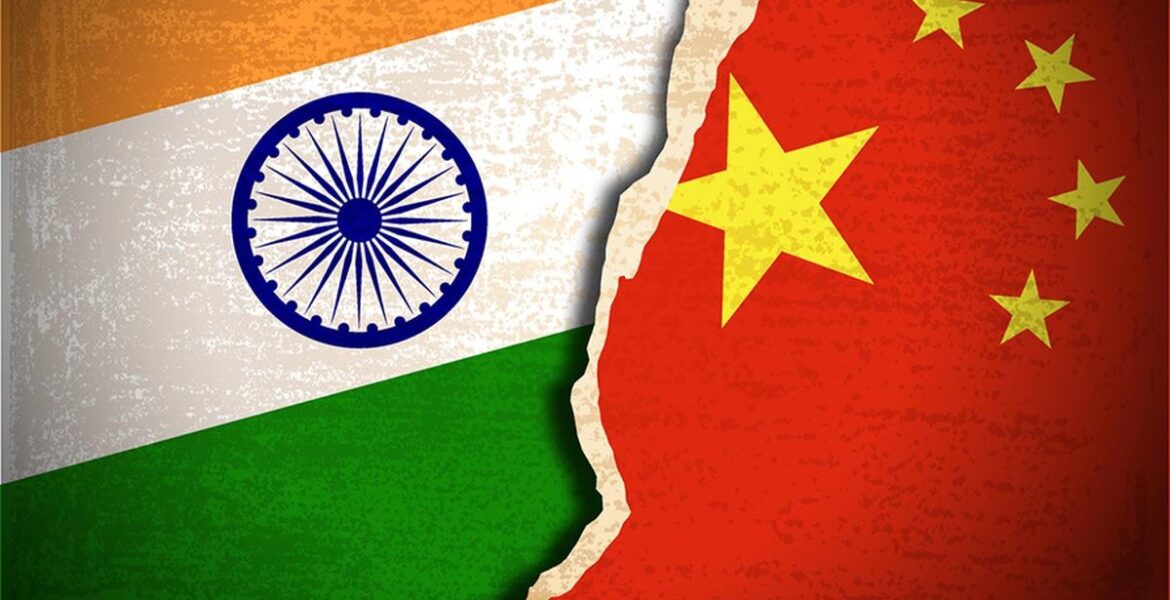India on Tuesday firmly rejected China’s objection to Home Minister Amit Shah’s visit to Arunachal Pradesh and asserted that the state “was, is and will” always remain an integral and inalienable part of India.
External Affairs Ministry spokesperson Arindam Bagchi said objecting to such visits does not stand to reason and will not change the reality.
The home minister visited Arunachal Pradesh on Monday during which he launched the ambitious ‘Vibrant Villages Programme’ that is aimed at improving the standard of living of the people in villages in frontier areas.
“We completely reject the comments made by the Chinese official spokesperson. Indian leaders routinely travel to the state of Arunachal Pradesh as they do to any other state of India,” Bagchi said.
“Arunachal Pradesh was, is and will always remain an integral and inalienable part of India. Objecting to such visits does not stand to reason and will not change the above reality,” he said.
Bagchi was responding to media queries on the Chinese reaction to Shah’s visit to Arunachal Pradesh.
From a border village in Arunachal Pradesh, Shah, in a clear message to China, on Monday said that no one can dare cast an evil eye on India’s territorial integrity and encroach even an “inch of our land”.
He said the era when anyone could encroach the borderlands of India was over.
The home minister’s statement came days after Beijing announced Chinese names for 11 places in Arunachal Pradesh which the neighbouring country claims as the “southern part of Tibet.” Responding to a question on Shah’s visit, Chinese Foreign Ministry spokesman Wang Wenbin said, “Zangnan (the Chinese name for Arunachal Pradesh) is part of China’s territory”.
“The activity of the senior Indian official in Zangnan violates China’s territorial sovereignty and is not conducive to peace and tranquillity in the border areas. We are firmly against this,” he told a media briefing in Beijing.

